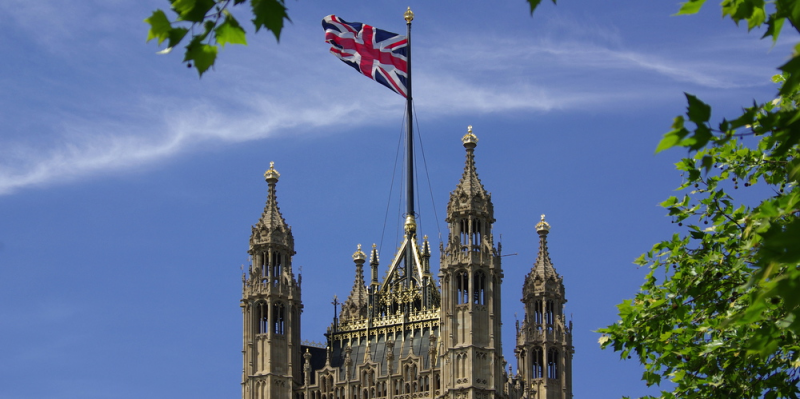
UK Parliament members called for the “greatest possible support” from Government to embed the value of natural capital in the country’s national accounts and policy decisions in a Parliamentary debate in the House of Commons October 21, 2013.
Members representing all three political parties in the UK (Conservative, Labour and Green) urged the Government to adopt the recommendations of the first report of the Natural Capital Committee, an independent advisory body set up in 2012 and chaired by Oxford economist, Prof. Dieter Helm. The report, the State of Natural Capital, includes 13 measures to better value nature in the UK and to develop a set of national natural capital accounts by 2020.
There is already general support in the UK to move forward. The UK Office of National Statistics (ONS) and the Department for Environment, Food and Rural Affairs (DEFRA) established a roadmap to develop natural capital accounts last December. There is also hope the Treasury Department will consider the Natural Capital Committee’s recommendations as they redraft the “Green Book,” which describes how the economic, financial, social and environmental assessments of a policy, program or project should be combined.
The Natural Capital Committee’s 2014 report plans to include more detail on the status of the UK’s natural assets and the level of risk they face.
“We are at a critical juncture, and this (debate) gave momentum and validated the process,” said Giles Atkinson, a member of the Natural Capital Committee.
Highlights from the debate:
Graham Stuart, Conservative
“The valuation of natural capital goes to the heart of the biggest question facing humanity: can we adjust our behavior so as to live within the constraints of living on one planet? Can we live in balance with the natural world, or will we insist on testing its limits?”
Caroline Lucas, Green
“Oscar Wilde famously spoke of those who know the price of everything and the value of nothing. If valuing nature in the way suggested will halt the current decline of our precious wildlife and habitats, it is to be welcomed.”
Caroline Spelman, Conservative
“It is stating the obvious to say that decisions will be better if the true value of what nature provides for free is factored in. I have always loved the example that if bees decided not to go to work for 12 months, it would cost our economy more than £400 million a year…. Together, we need to nail the myth that preserving and enhancing natural capital is somehow incompatible with economic growth.”
Joan Walley, Labour
“The Prince’s Charities report…said: ‘There was a time when we could say that there was either a complete lack of knowledge, or at least room for doubt, about the consequences for our planet of our actions. That time has gone. We now know all too clearly what we are actually doing and that we need to do something about it urgently. Better accounting must be part of that process.’”
Zac Goldsmith, Conservative
“The conservationist John Aspinall died a few years ago. Before he died, he wrote a letter in which he said: ‘Nature is the bank upon which all cheques are drawn’…. Everything we have is ultimately provided by the natural world—by ecosystems—but in modern society, with all its extraordinary cleverness and genius, we have never bothered developing the tools for valuing the very thing on which we all depend.”
Barry Gardiner, Labour Party
The food and water that sustain us, the air that we breathe, the raw materials that we use as fuel and clothing or to construct our homes are only the most obvious of nature’s benefits. Equally important are the processes and services that purify our water, break down our waste, pollinate our crops and provide us with recreation and aesthetic or spiritual fulfillment. We have the right to use and enjoy the benefits of that natural capital, but that right gives us no license to prevent our children from exercising a similar and equal use and enjoyment in the future…. We use nature because it is valuable, but we abuse it because it is free.”
George Eustice, Conservative, Parliamentary Under-Secretary of State for Environment, Food and Rural Affairs
“If we do not actively attempt to understand the true value of natural capital, we will continue to set its value, wrongly, at zero…. It is important that we do not see valuing nature as just a dry, academic exercise that is performed by accountants. The natural capital agenda must, and will, have a practical application that will lead to real outcomes in our natural environment. If we want to protect nature, we need to make better decisions about how we use it. Those decisions will be better informed when we have properly measured and valued our natural capital.”

